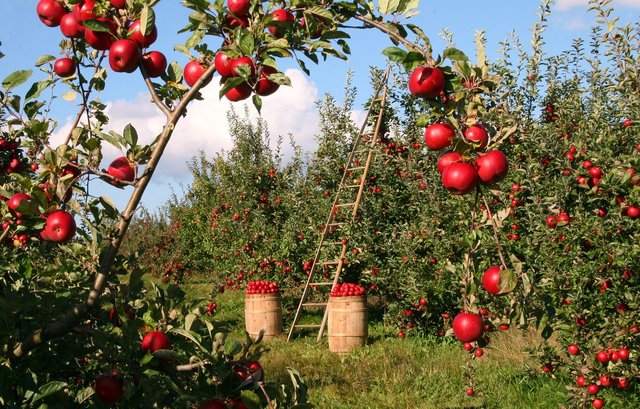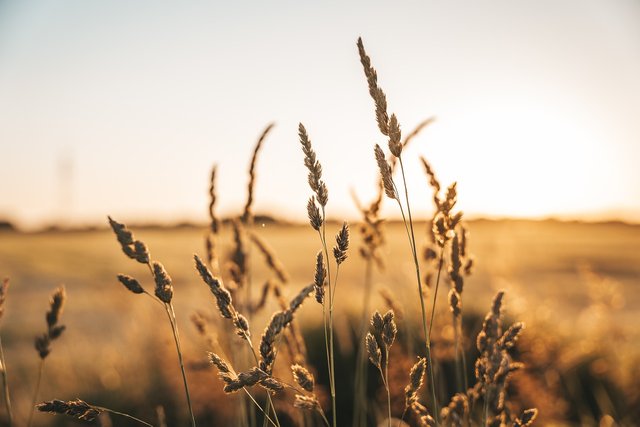Sustainable Agriculture Practices every farmer should know
Sustainable agriculture is not just a trend — it represents the future of farming. With climate change, soil degradation, and increasing food demands putting pressure on traditional methods, farmers globally are adopting smarter, more eco-friendly practices that safeguard the land while ensuring sustainable productivity.
Here are essential sustainable agriculture practices that every farmer should be aware of and consider implementing:
Crop Rotation
Altering the types of crops planted in a field each season helps to prevent pest accumulation, lowers the risk of diseases, and replenishes soil nutrients. For instance, alternating legumes with cereals can naturally enhance soil nitrogen levels, minimizing the need for synthetic fertilizers.Organic Composting
Utilizing compost created from plant and animal waste enhances soil fertility and structure without the use of chemical inputs. Compost also aids in moisture retention in the soil, which is crucial in areas prone to drought.Conservation Tillage
Minimal or no-till farming helps prevent soil erosion, keeps organic matter intact, and enhances water retention. It also fosters soil biodiversity by safeguarding microorganisms that are essential for healthy crops.Integrated Pest Management (IPM)
IPM utilizes natural pest control strategies — like beneficial insects, crop rotation, and biological sprays — to lessen the reliance on harmful pesticides. This approach protects pollinators and maintains ecosystem balance.
Water-Saving Irrigation
Methods such as drip irrigation and rainwater harvesting are effective in minimizing water waste. Delivering water directly to plant roots cuts down on evaporation and ensures that crops receive the necessary moisture without becoming oversaturated.Agroforestry
Incorporating trees and shrubs into agricultural land offers shade, mitigates wind erosion, and boosts biodiversity. Trees can also provide fruits, nuts, or fuelwood, contributing to a farmer’s income.Cover Cropping
Using cover crops such as clover or rye in the off-seasons helps protect the soil from erosion, controls weeds, and contributes organic matter to the soil when tilled back in.
Sustainable agriculture benefits not only the environment but also the economy. Healthier soil results in better crop yields, lower input costs, and greater resilience to climate challenges.
By implementing these methods, farmers can grow more food using fewer resources while preserving the land for future generations. Sustainability in agriculture is not a one-size-fits-all solution, but rather a mindset focused on care, innovation, and long-term strategy.



Your article has beautifully highlighted the importance of sustainable agricultural practices. The use of environmentally friendly technologies is a very important step in securing the future of agriculture. Blessings and love to you. Please read my content.
Every farmer must understand that sustainability is key to future food security. Techniques like no-till farming, intercropping, and integrated pest management reduce environmental impact. Healthy soil, water conservation, and biodiversity support stronger harvests and a balanced ecosystem. Sustainable practices are not optional—they’re the future of responsible farming.